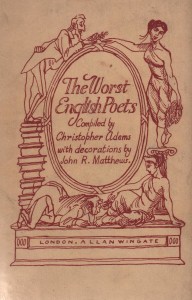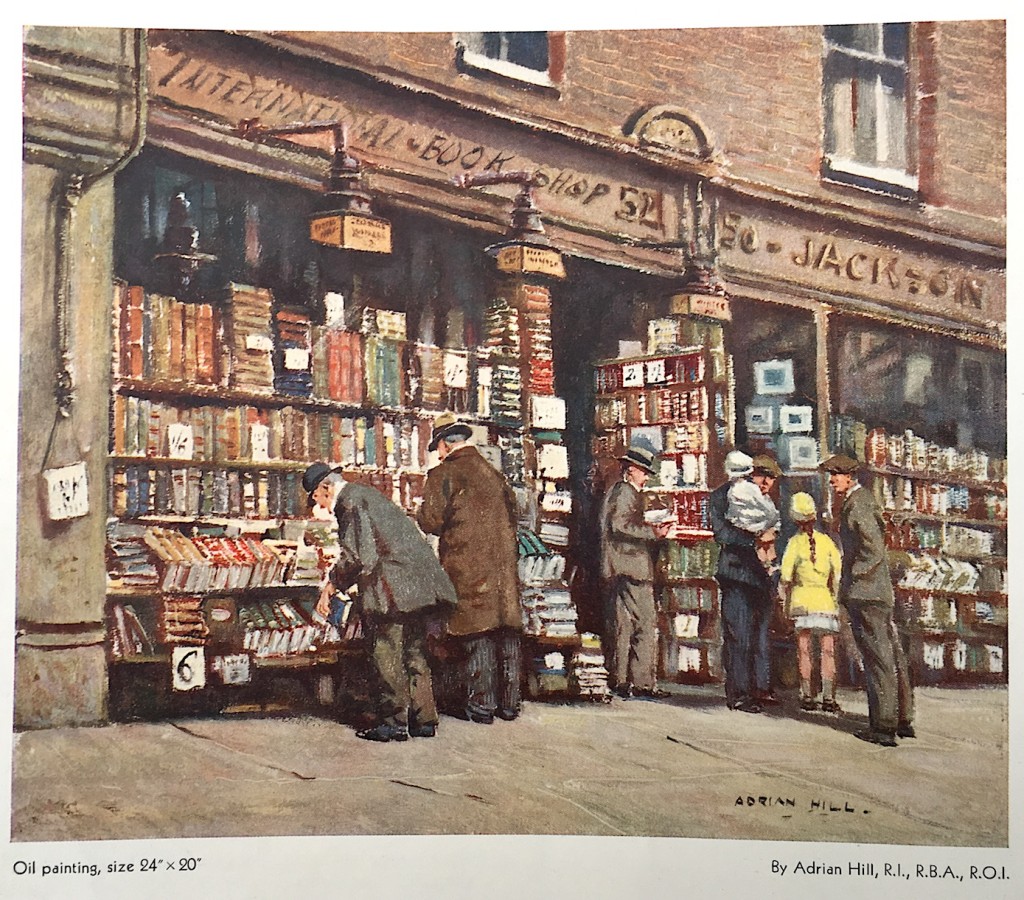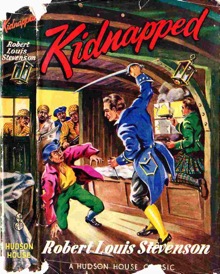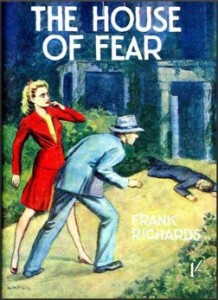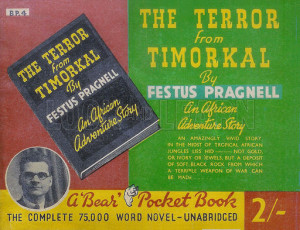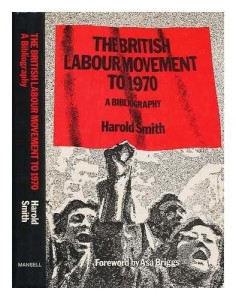 The link between Socialism—or at least, left-leaning tendencies– and bibliophilism has a long and honourable tradition. One thinks of William Hone and Leigh Hunt in the Regency period. Charles Lamb, who wrote warmly of his love for ancient volumes, wrote blistering attacks on the Tory administration of Lord Liverpool in the same era. Later on there was William Morris, a proto- Socialist, who was into fine printing. In our own time the radical Labour leader Michael Foot could be classed as a bibliomaniac. My late uncle, Denis Healey, with a library of around 16,000 books could be placed in the same class. Also, in our own time, David King, the chronicler of Soviet history, had a vast library. And then, two years younger than Foot and a year Denis’ junior, there was Harold Smith. Not quite in the same league as a collector perhaps, but a bibliophile with a collection of over 3,000 volumes of, and certainly one who devoted all his working life to books—initially as a librarian and latterly as a publisher in the tradition of Morris.
The link between Socialism—or at least, left-leaning tendencies– and bibliophilism has a long and honourable tradition. One thinks of William Hone and Leigh Hunt in the Regency period. Charles Lamb, who wrote warmly of his love for ancient volumes, wrote blistering attacks on the Tory administration of Lord Liverpool in the same era. Later on there was William Morris, a proto- Socialist, who was into fine printing. In our own time the radical Labour leader Michael Foot could be classed as a bibliomaniac. My late uncle, Denis Healey, with a library of around 16,000 books could be placed in the same class. Also, in our own time, David King, the chronicler of Soviet history, had a vast library. And then, two years younger than Foot and a year Denis’ junior, there was Harold Smith. Not quite in the same league as a collector perhaps, but a bibliophile with a collection of over 3,000 volumes of, and certainly one who devoted all his working life to books—initially as a librarian and latterly as a publisher in the tradition of Morris.
Smith was born in 1918 in the Hackney Salvation Army Women’s Hospital to a Polish couple who had come to Britain as children. Tragically, Harold’s father died six months after his birth and his mother was left to care both for her son and her war-injured brother, on the proceeds of a sweet shop. After Highbury School and at the outbreak of hostilities Harold served in the army Pay Corps, mainly in South Africa, where he learnt the rudiments of librarianship. On returning to the UK he continued his studies part-time while working on the journal of the Plumbing Trades Union. Following his initial appointment as an assistant at Westminster City Libraries in 1947 he moved to various posts around the country, including one in Manchester, where he became friendly with the artist L. S. Lowry. He ending up back in London as Deputy Borough Librarian at Battersea in 1961. The amalgamation of the old boroughs under the GLC in 1965 saw him as the Deputy Librarian for Wandsworth, which was when his troubles began. Continue reading


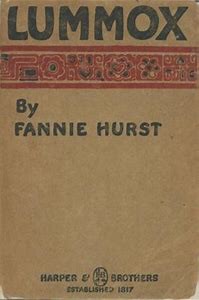 Banned books: No 12: Lummox by Fannie Hurst
Banned books: No 12: Lummox by Fannie Hurst
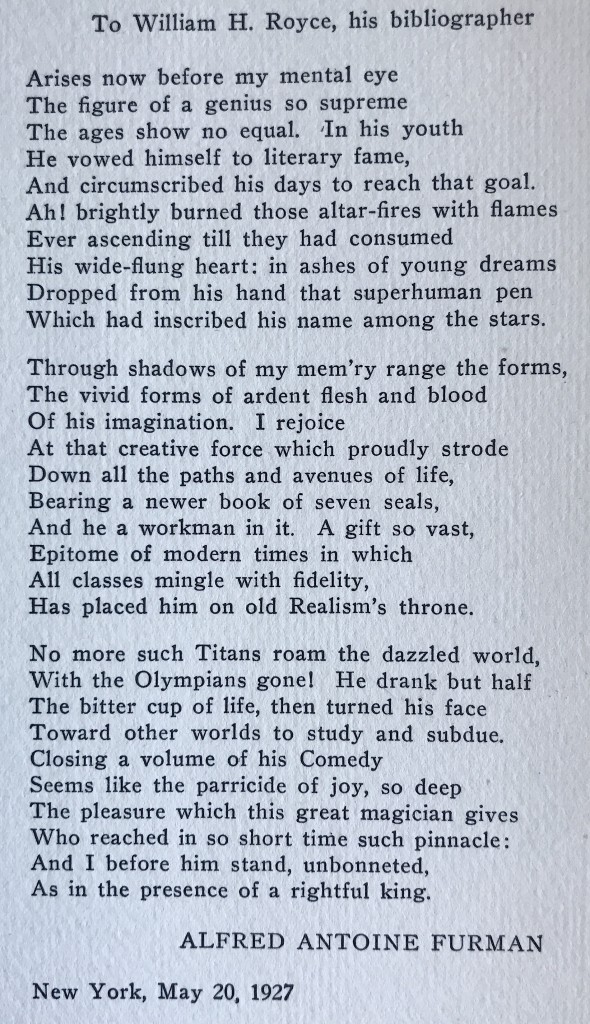
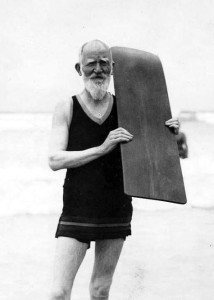
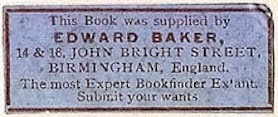
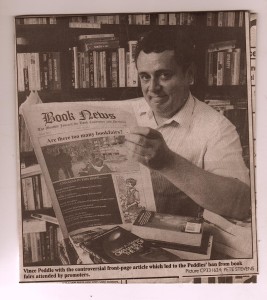
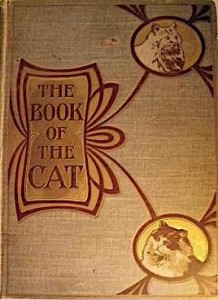
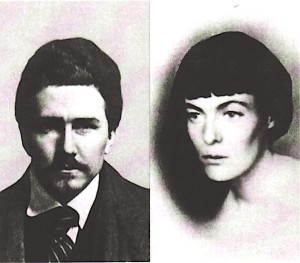
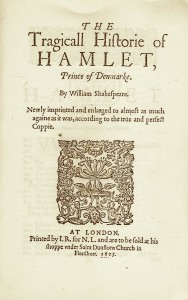
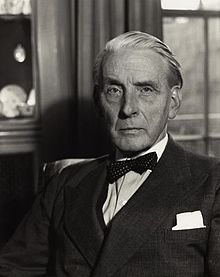
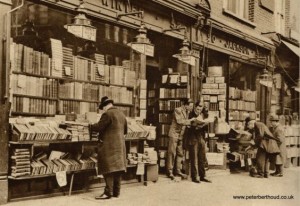
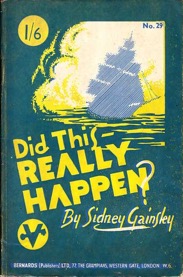 others.
others.